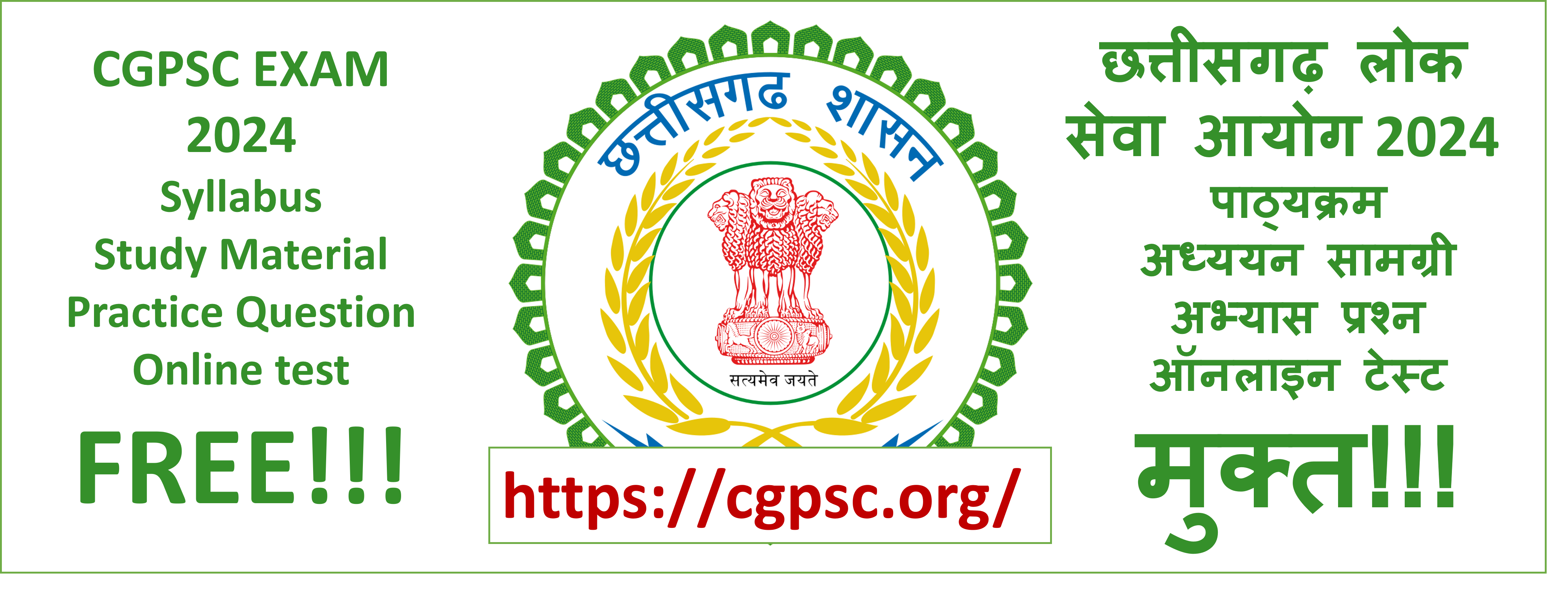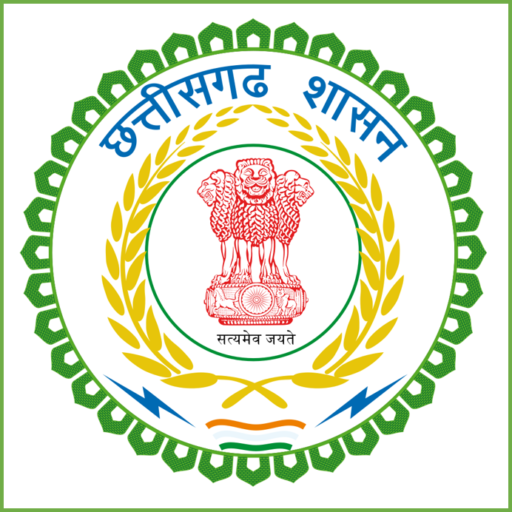Part 1 – General Studies: Constitution and political system of India

| Question | Correct Answer |
|---|---|
| What is the length of the term of the President of India? | 5 years |
| Which part of the Indian Constitution deals with Fundamental Rights? | Part III |
| Who is known as the ‘Father of the Indian Constitution’? | B. R. Ambedkar |
| How many languages are recognized in the Eighth Schedule of the Indian Constitution? | 22 |
| What does the Preamble of the Indian Constitution declare India as? | Sovereign Socialist Secular Democratic Republic |
| Who appoints the Chief Justice of India? | The President |
| What is the maximum number of members in the Lok Sabha as per the Constitution? | 552 |
| Which Fundamental Right is known as the ‘Heart and Soul’ of the Indian Constitution? | Right to Constitutional Remedies |
| The concept of ‘Directive Principles of State Policy’ was borrowed from the constitution of which country? | Ireland |
| Who has the power to declare an emergency under Article 352 of the Indian Constitution? | The President |
| What is the minimum age required to become the Prime Minister of India? | 25 years |
| Which amendment of the Indian Constitution introduced the Goods and Services Tax (GST)? | 101st Amendment |
| Who is the ex-officio Chairman of the Rajya Sabha? | The Vice President |
| The Indian Constitution was adopted in which year? | 1950 |
| What is the quorum required to constitute a sitting of either House of Parliament? | 1/10th of total number of members |
| Which Article of the Indian Constitution deals with the Right to Education? | Article 21A |
| The President of India can be impeached for violation of the Constitution under which Article? | Article 61 |
| Which body is responsible for the election of the President of India? | Electoral College |
| The ‘Procedure established by law’ is a concept borrowed from the constitution of which country? | Japan |
| Who has the authority to suspend the operation of Fundamental Rights during the emergency? | The Preside |
Choose the correct answer
Question 1: What is the length of the term of the President of India?
Option 1: 4 years
Option 2: 5 years
Option 3: 6 years
Option 4: 7 years
Correct Answer: 5 years
Question 2: Which part of the Indian Constitution deals with Fundamental Rights?
Option 1: Part I
Option 2: Part II
Option 3: Part III
Option 4: Part IV
Correct Answer: Part III
Question 3: Who is known as the ‘Father of the Indian Constitution’?
Option 1: Jawaharlal Nehru
Option 2: B. R. Ambedkar
Option 3: Mahatma Gandhi
Option 4: Sardar Patel
Correct Answer: B. R. Ambedkar
Question 4: How many languages are recognized in the Eighth Schedule of the Indian Constitution?
Option 1: 18
Option 2: 22
Option 3: 24
Option 4: 14
Correct Answer: 22
Question 5: What does the Preamble of the Indian Constitution declare India as?
Option 1: Federal State
Option 2: Monarchy
Option 3: Sovereign Socialist Secular Democratic Republic
Option 4: Dictatorship
Correct Answer: Sovereign Socialist Secular Democratic Republic
Question 6: Who appoints the Chief Justice of India?
Option 1: The President
Option 2: The Prime Minister
Option 3: The Parliament
Option 4: The Law Minister
Correct Answer: The President
Question 7: What is the maximum number of members in the Lok Sabha as per the Constitution?
Option 1: 542
Option 2: 552
Option 3: 562
Option 4: 572
Correct Answer: 552
Question 8: Which Fundamental Right is known as the ‘Heart and Soul’ of the Indian Constitution?
Option 1: Right to Equality
Option 2: Right to Freedom
Option 3: Right to Constitutional Remedies
Option 4: Right to Freedom of Religion
Correct Answer: Right to Constitutional Remedies
Question 9: The concept of ‘Directive Principles of State Policy’ was borrowed from the constitution of which country?
Option 1: USA
Option 2: UK
Option 3: Ireland
Option 4: Canada
Correct Answer: Ireland
Question 10: Who has the power to declare an emergency under Article 352 of the Indian Constitution?
Option 1: The President
Option 2: The Prime Minister
Option 3: The Parliament
Option 4: The Supreme Court
Correct Answer: The President
Question 11: What is the minimum age required to become the Prime Minister of India?
Option 1: 25 years
Option 2: 30 years
Option 3: 35 years
Option 4: 40 years
Correct Answer: 25 years
Question 12: Which amendment of the Indian Constitution introduced the Goods and Services Tax (GST)?
Option 1: 100th Amendment
Option 2: 101st Amendment
Option 3: 102nd Amendment
Option 4: 103rd Amendment
Correct Answer: 101st Amendment
Question 13: Who is the ex-officio Chairman of the Rajya Sabha?
Option 1: The President
Option 2: The Vice President
Option 3: The Prime Minister
Option 4: The Speaker of the Lok Sabha
Correct Answer: The Vice President
Question 14: The Indian Constitution was adopted in which year?
Option 1: 1947
Option 2: 1949
Option 3: 1950
Option 4: 1951
Correct Answer: 1950
Question 15: What is the quorum required to constitute a sitting of either House of Parliament?
Option 1: 1/10th of total number of members
Option 2: 1/6th of total number of members
Option 3: 1/4th of total number of members
Option 4: 1/2 of total number of members
Correct Answer: 1/10th of total number of members
Question 16: Which Article of the Indian Constitution deals with the Right to Education?
Option 1: Article 21
Option 2: Article 21A
Option 3: Article 24
Option 4: Article 45
Correct Answer: Article 21A
Question 17: The President of India can be impeached for violation of the Constitution under which Article?
Option 1: Article 61
Option 2: Article 62
Option 3: Article 63
Option 4: Article 64
Correct Answer: Article 61
Question 18: Which body is responsible for the election of the President of India?
Option 1: Parliament
Option 2: Electoral College
Option 3: Lok Sabha
Option 4: Rajya Sabha
Correct Answer: Electoral College
Question 19: The ‘Procedure established by law’ is a concept borrowed from the constitution of which country?
Option 1: USA
Option 2: UK
Option 3: Japan
Option 4: Australia
Correct Answer: Japan
Question 20: Who has the authority to suspend the operation of Fundamental Rights during the emergency?
Option 1: The President
Option 2: The Prime Minister
Option 3: The Parliament
Option 4: The Supreme Court
Correct Answer: The Preside
Home

Leave a Reply